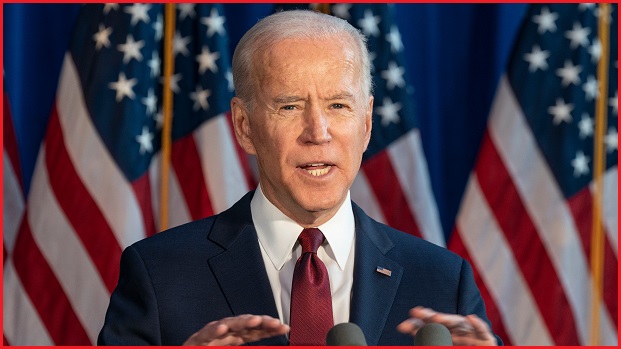Future war between major geopolitical powers will likely be sparked by actions in cyberspace, US President Joe Biden said this week, once again highlighting the importance of cyber security.
Speaking at the Office of the Director of National Intelligence on Tuesday local time, Biden said cyber security threats are becoming increasingly problematic and could lead to global conflict.
“I think it’s more likely we’re going to end up – well, if we end up in a war, a real shooting war with a major power, it’s going to be as a consequence of a cyber breach of great consequence,” he said.
“And it’s increasing exponentially – the capabilities.”
The next day, Biden introduced a national security memorandum for the US that sets a baseline for cyber security goals designed to create a consistent cyber security posture across the country.
Biden’s new measures come a week after a new report speculated that cyber attacks on critical infrastructure will kill somebody in the next few years.
Already, critical infrastructure systems have been infiltrated in the US, including an attempt to poison the water supply of a city in Florida by an unknown hacker who tried to increase the amount of lye being used by a water treatment facility.
The threat cyber actors pose was most readily shown during the Colonial Pipeline ransomware incident which severely disrupted the petrol supply along the US East Coast, causing chaotic scenes as citizens fought for the last drops of a dwindling supply.
Biden has faced a seemingly endless string of cyber security catastrophes since taking office in January.
He began his term dealing with the fallout of the SolarWinds attack, revealed a month before Biden was sworn in, which had US government agencies scrambling to patch systems that may have been infiltrated and surveilled for months without anyone noticing.
By April he had formally sanctioned Russia for its involvement in Solar Winds, choosing to freeze the US assets of six Russian IT firms, kick 10 Russian officials out of the country, and banning US banks from buying or selling Russian government bonds.
But at that stage there was already a new threat in the form of the Microsoft Exchange Server vulnerabilities which Microsoft pinned on “highly skilled and sophisticated” actors from China.
The US and its allies – including Australia – formally blamed China for the Microsoft Exchange attacks, warning that cyber operations “support China’s long-term economic and military objectives”.
In his speech this week, Biden specifically mentioned Russia and China as possible “mortal competitors” for the US in the future, stressing the need for a strong intelligence community – unsurprising given his audience – specifically with regards to misinformation and technological prowess.
“It’s especially important that we work closely with our partners and allies to maintain our technological edge, shore up supply chains, and ensure that the rules that govern technologies support democracies, not autocracies,” Biden said.










